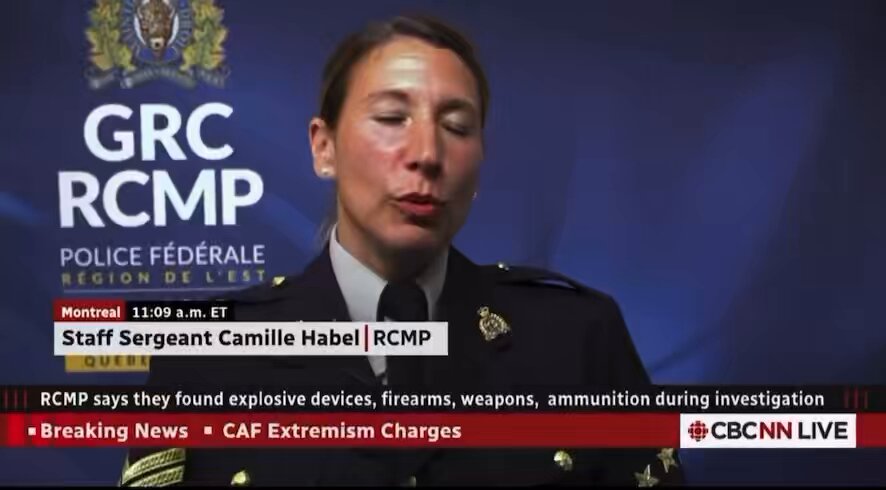We are committed to sharing news, stories, events and opinions that ensures our province stays free, united and independent from the overreach of the Federal government.
All are welcome and respectful debate is encouraged. Please join with the intention of participating. Proceeds are donated.
Ah yes…and so it begins. The devil is in the details isn’t it?
Copied ⬇️
An economist says Saskatchewan, Manitoba, and the federal government need to come on board to facilitate Alberta and Ontario’s latest trade deals, including the construction of a pipeline.
Premier Danielle Smith and Premier Doug Ford announced Monday that the two provinces have signed two new agreements aimed at expanding interprovincial trade, building new rail lines, ports and pipelines, and developing energy corridors to link Alberta’s oil, gas, and critical minerals with global markets.
“It’s great that the two of them want to commit to deepening ties, but if they look at a map, they’ll see that there are two very large provinces that separate them,” Moshe Lander, a Concordia University economics professor, told the Western Standard.
Lander says while Prime Minister Mark Carney has been trying to get everyone on board with the meetings of the premiers to remove interprovincial trade barriers, there is a need to prioritize when it comes to large projects, such as pipelines and mines.
“There are plenty of other projects that are competing out there,” he said.
“Other provinces might say that’s great for the two of you, but our projects are equally important to our voters or to our provinces economies. Saskatchewan might want to look at mines and developing mineral extraction.”
According to Lander, Manitoba might also have other priorities.
In addition to working together, Lander says, provinces need to make compromises and “keep up the momentum.”
To build a stronger economy and become more self-reliant as a nation, the federal government has removed all interprovincial trade barriers, said Internal Trade Minister Chrystia Freeland in a news release at the end of June.
Lander says each province can remove interprovincial trade barriers by itself. However, when it comes to pipelines, the scenario changes.
“Pipelines are weird in Canada. Any pipeline that crosses the provincial border becomes a federal jurisdiction matter,” he said. “This is partly where Alberta gets frustrated, as Alberta will say it’s our oil (and) it’s our gas. And when we put it into a pipeline, the moment it crosses the provincial border, the pipeline becomes a federal matter.”
When Saskatchewan and Manitoba agree to have a pipeline crossing their land, a private company would be contracted, and the pipeline becomes the federal government’s responsibility, according to Lander.
“There’s still a long way to go. The federal government has said we want to look into it. We want to look at maybe building a pipeline, but, of course, they’re being cautious because it’s ultimately their responsibility and they’re the ones that are going to take the heat from indigenous groups or local municipalities,” he added.
The federal government will also have to give Manitoba and Saskatchewan incentives to approve the construction of a pipeline, according to Lander.
“So, you’re still probably talking about a decade before we would actually see a completed pipeline. Canadians are sometimes surprised at how vast our country is,” he added.
The first agreement between Alberta and Ontario outlines support for new infrastructure projects connecting the two provinces, including pipeline and rail expansion, port development in James Bay and southern Ontario, and full supply chain buildout for refining and processing Alberta’s energy exports.
The second agreement includes Alberta’s plan to consider prioritizing made-in-Canada vehicles for its government fleet and a pledge from both provinces to reduce trade barriers around liquor products.
Believe in traditional family values, you are now a far, far right extremest.
According to this RCMP Staff Sergeant, if you believed in gender equal rights & then later believe in more traditional values, you are turning into an extremist. WTF?! Traditional values are extreme now in Canada. Only CBC would air this nonsense.
https://x.com/ryangerritsen/status/1942761628472095115
I don't know how true this is, but she names a few key people that we have all had our suspicions about.
https://substack.com/@fallofthecabalofficial/note/c-131666734?utm_source=feed-email-digest















